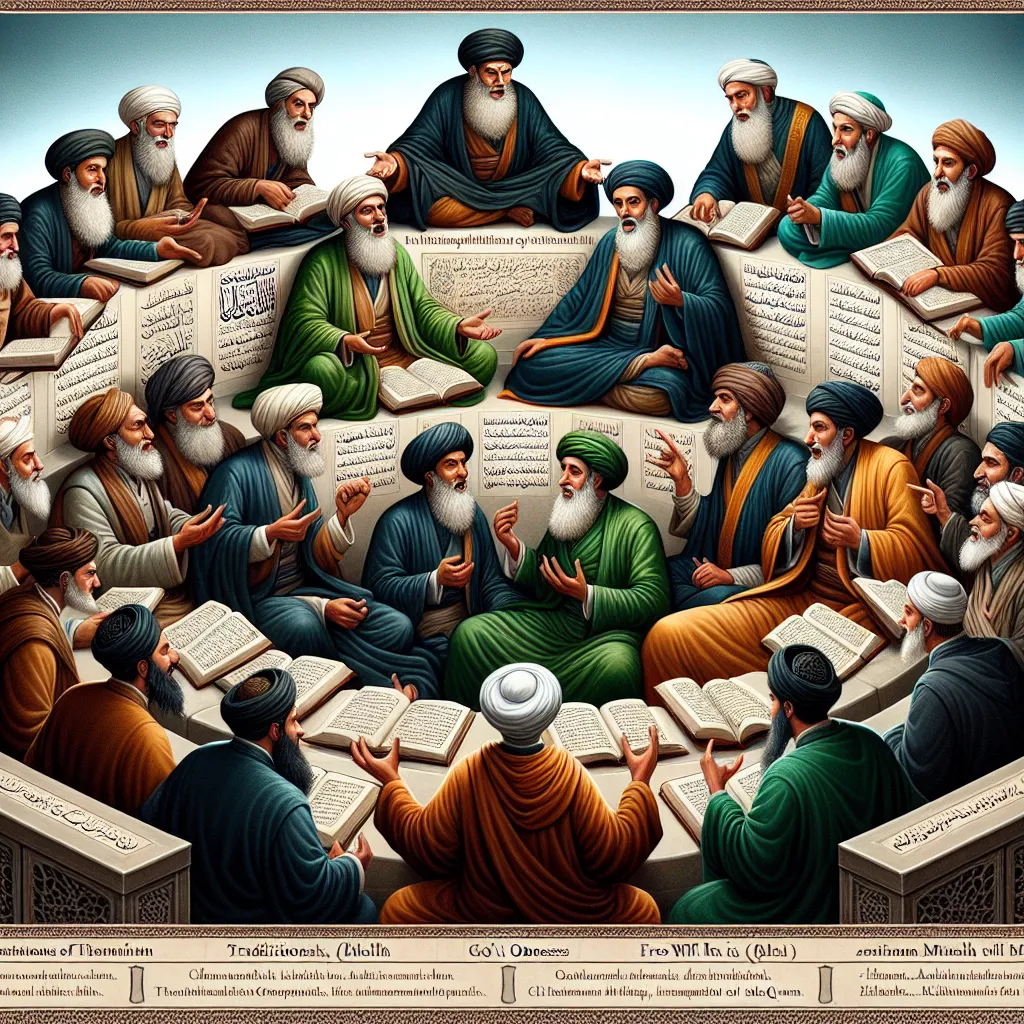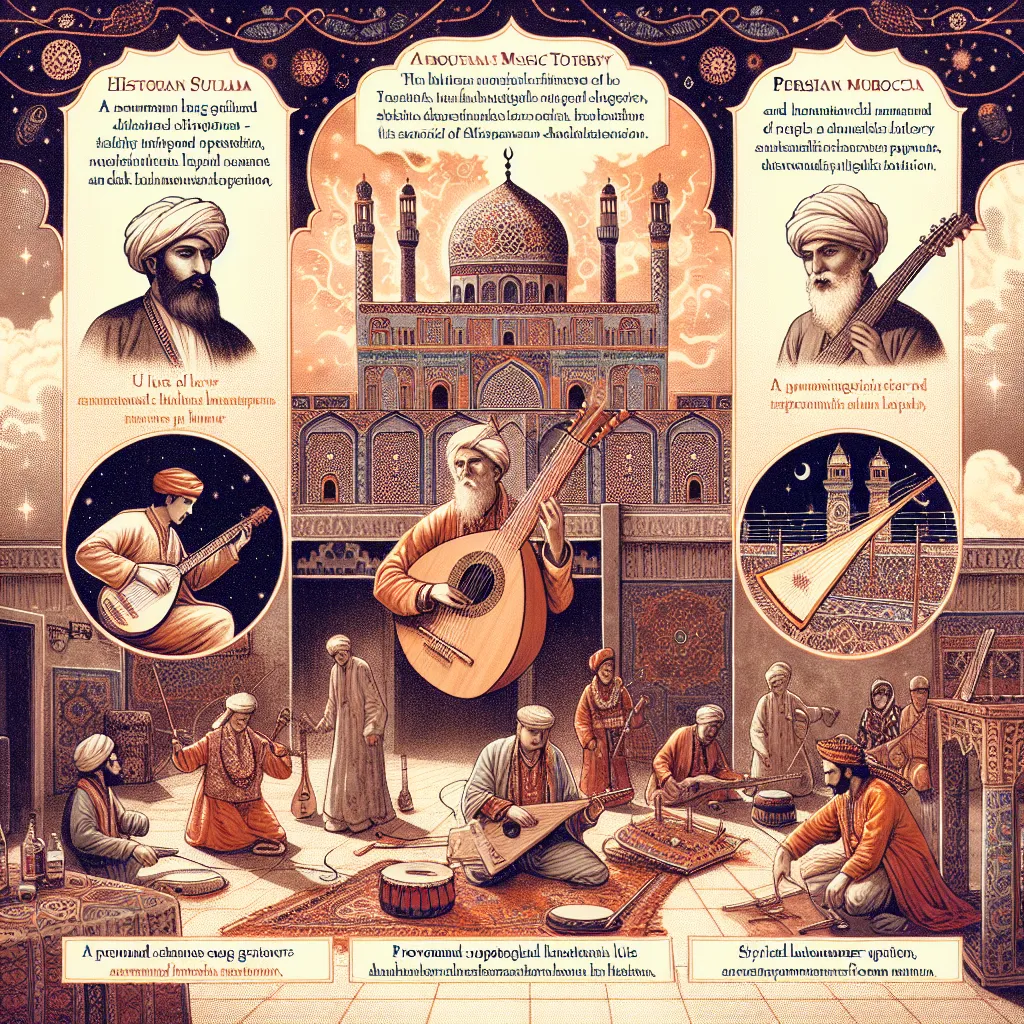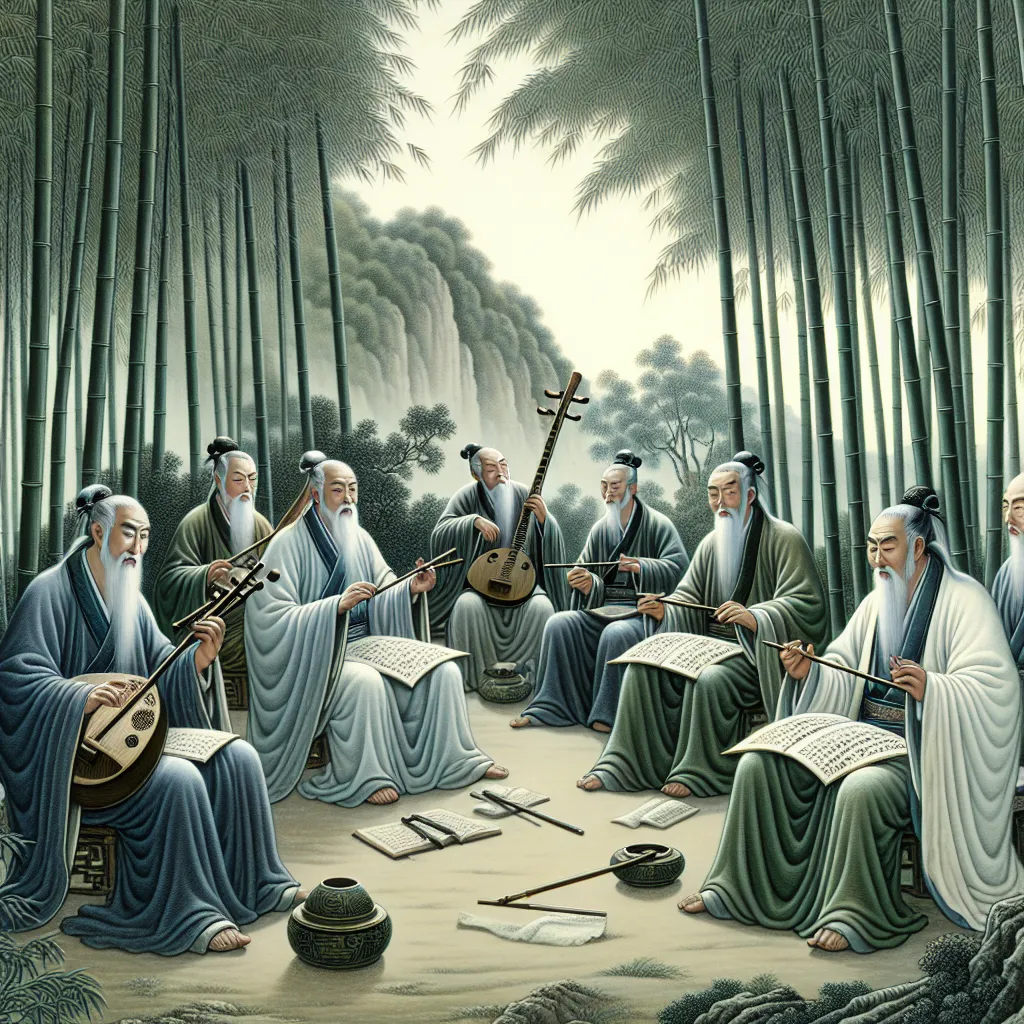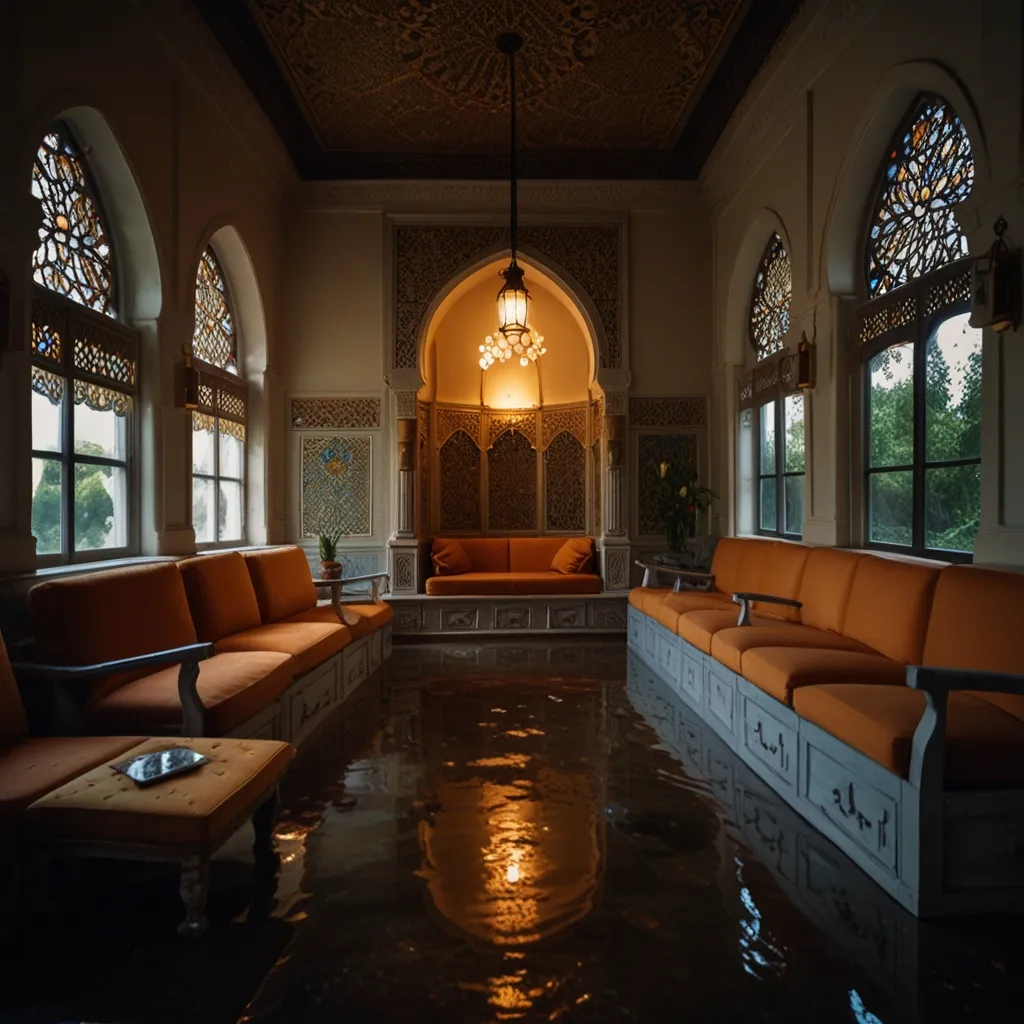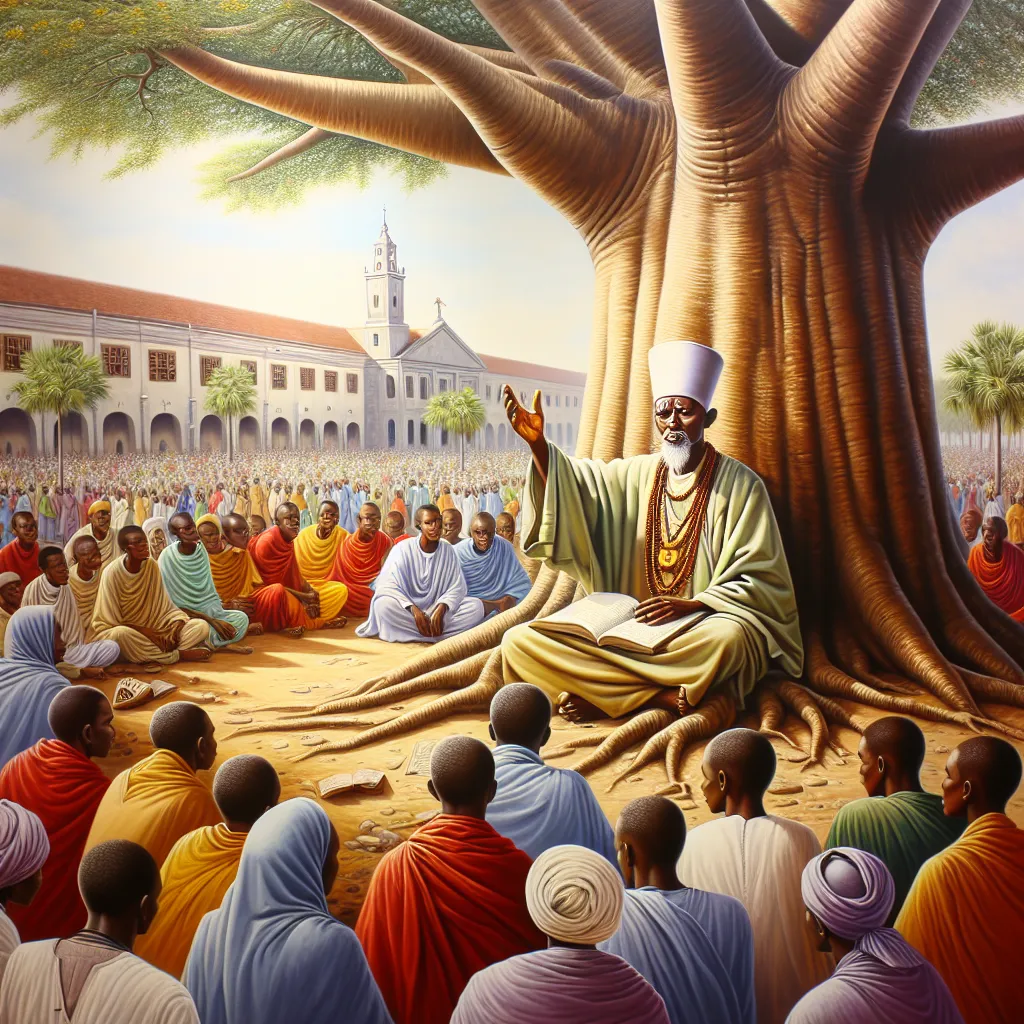I’ve noticed I’ve been chatting about different theological schools within Islam but haven’t really dived deep into explaining them thoroughly. So, let’s fix that. Islamic theology, or Kalam, is vast and would need a whole series to do it justice, but I’ll focus on its early beginnings and primary schools of thought.
Islamic theology starts with Tawheed, which means the oneness of God. It’s the belief that there’s no god but God, and this core tenet is universally accepted among Muslims. After the Prophet Muhammad’s death in the 7th century, his community was puzzled over interpreting his teachings, leading to various schools and movements in the early days of Islam.
One significant branch was jurisprudence or Fiqh, focusing on Islamic law – how to live, perform rituals, and conduct oneself as a Muslim. Then there was Falsafah, or philosophy, which blended Greek philosophical works with Islamic teachings. Sufism or Tasawwuf brought in mystical practices, adding another layer to the Islamic tradition. Today, I’ll zero in on Kalam – the rational debate method used to understand Islamic beliefs.
Kalam, or “speech,” aimed to rationalize and debate theological ideas. Early on, they grappled with many questions: the attributes of God, the nature of the Quran, free will vs. determinism, and the nature of faith and sin. Crucially, there wasn’t a single orthodoxy at the start; rather, it was a mix of competing ideas and movements.
Take free will, for instance. Early on, many within the community held a deterministic view, believing God controlled everything, including human actions. But then came the Qadariyah, who argued that humans do have free will and are responsible for their actions. The Kharijites, who broke away from Ali’s army, also believed in free will and had strict views on sin, thinking grave sinners could lose their status as Muslims.
Another significant debate was about faith and action. The Murji’ah argued that judging sinners should be left to God, promoting community unity by sidestepping heated debates over sin. To them, faith was internal and personal, not necessarily connected to actions.
One of the earliest formal theological schools was the Mu’tazilah, known for emphasizing reason and free will. They argued against anthropomorphic descriptions of God, suggesting these should be read metaphorically. Most famously, they held that the Quran was created at a specific time and was not co-eternal with God.
Contrasting this were the traditionalists or Ahl al-Hadith, who argued for a more literal interpretation of the Quran and hadith, rejected the created nature of the Quran, and insisted on following God’s described attributes literally. They rose to dominance in the 9th century despite fierce debates and even state interventions, like the infamous Mihna (inquisition).
Eventually, a middle ground appeared through scholars like Al-Ash’ari, who created the Ash’ari school. This school used reason but agreed more closely with the traditionalists, asserting God’s attributes while accepting human limitations in truly understanding them. They also proposed a nuanced view: the Quran is eternal in essence but created when articulated. The Maturidi school, favored by the Hanafis, also offered a rational yet moderate stance, separating actions from faith and focusing on God’s justice and mercy.
Shi’a theology notably adopted many Mu’tazilite ideas, though with unique perspectives influenced by Greek Neoplatonism, especially within the Ismaili sect.
In summary, Islamic theological schools developed through intricate debates about God, free will, and scripture. These discussions weren’t rigid institutions but dynamic discourses that continue to evolve. Even today, echoes of these early debates influence modern theological thoughts, proving the rich, ever-evolving tapestry that is Islamic theology.
